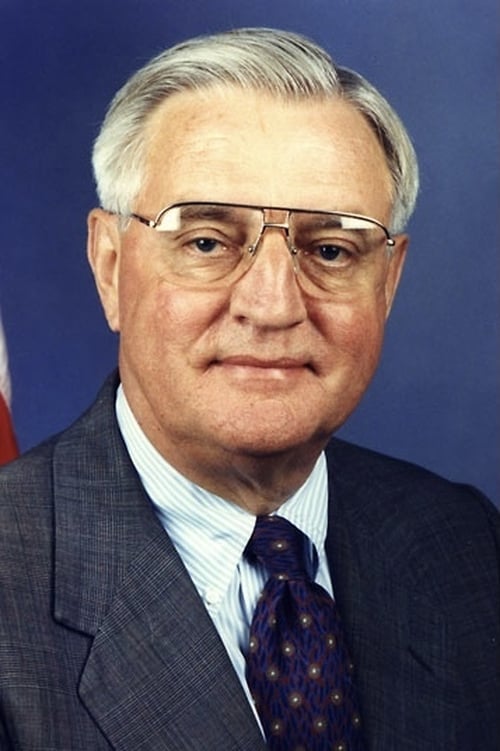
Walter Frederick "Fritz" Mondale (January 5, 1928 – April 19, 2021) was an American lawyer and politician who served as the 42nd vice president of the United States from 1977 to 1981 under President Jimmy Carter. A U.S. senator from Minnesota from 1964 to 1976, he was the Democratic Party's nominee in the 1984 presidential election, but lost to incumbent Ronald Reagan in an Electoral College and p...
Explore all movies appearances
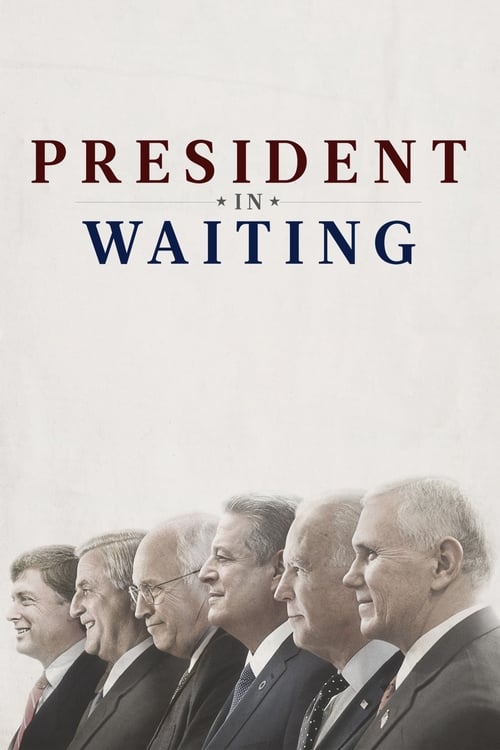
A remarkable living history of the Vice Presidency. For the first time together on film, President's Barack Obama, George W. Bush, Bill Clinton, Jimmy Carter along with Vice President's Mike Pence, Joe Biden, Dick Cheney, Al Gore, Dan Quayle and Walter Mondale help uncover the path of a once ceremonial office to that of significance. This is the story of how the Vice President evolved into one of the most powerful offices in the land told by only those who have served.
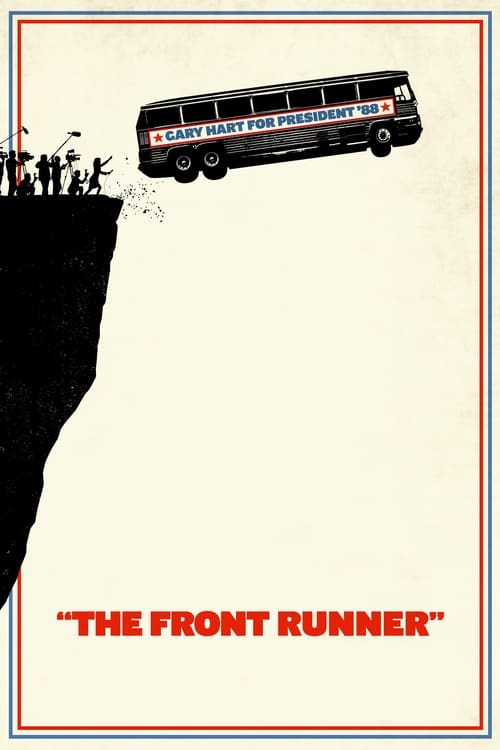
Gary Hart, former Senator of Colorado, becomes the front-runner for the Democratic presidential nomination in 1987. Hart's intelligence, charisma and idealism makes him popular with young voters, leaving him with a seemingly clear path to the White House. All that comes crashing down when allegations of an extramarital affair surface in the media, forcing the candidate to address a scandal that threatens to derail his campaign and personal life.

In recognition of the 4th of July, several celebrities and politicians of differing ideologies join to read the historic documents which laid the foundation for the United States of America.
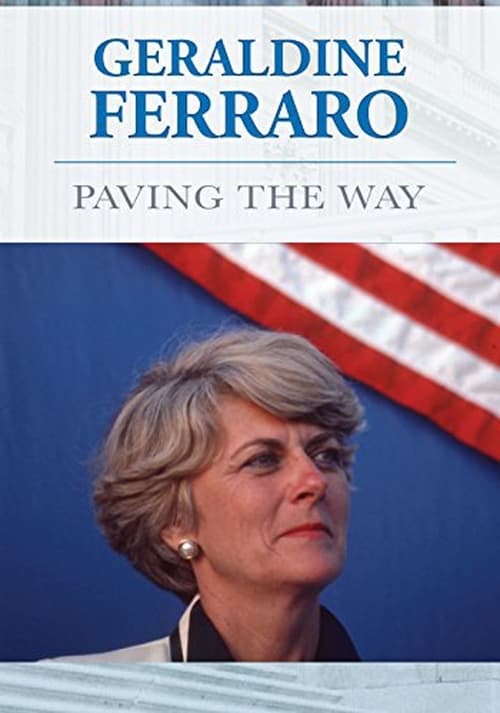
A documentary by Donna Zaccaro about the political trailblazer, Geralidine Ferraro. Featuring interviews with Bill and Hillary Clinton, George and Barbara Bush, Walter Mondale, and Geraldine Ferraro herself, among others, this is a heartwarming and engrossing portrait of the first woman who was nominated for vice president, whose legacy still reverberates today.

With Britain's first-ever political leaders' television debate imminent, award-winning reporter Michael Cockerell uncovers what it's like to take part in these contests and how leaders try to win them. He tells the inside story of why it has taken so long for such debates to arrive in the UK. The programme features candid interviews with US Presidents and their advisers on the tricks of the debate trade. Blending new film and behind-the-scenes footage, some never seen before, it's a tragicomic tale of high politics and low cunning. From John F Kennedy and Richard Nixon through to Barack Obama, candidates are seen being prepared for their debates, then in the sometimes funny, sometimes disastrous results on live television. Cockerell shows why for our would-be next Prime Ministers - Gordon Brown, David Cameron and Nick Clegg - the three debate stages across Britain will be what one former US President calls 'Tension City'.
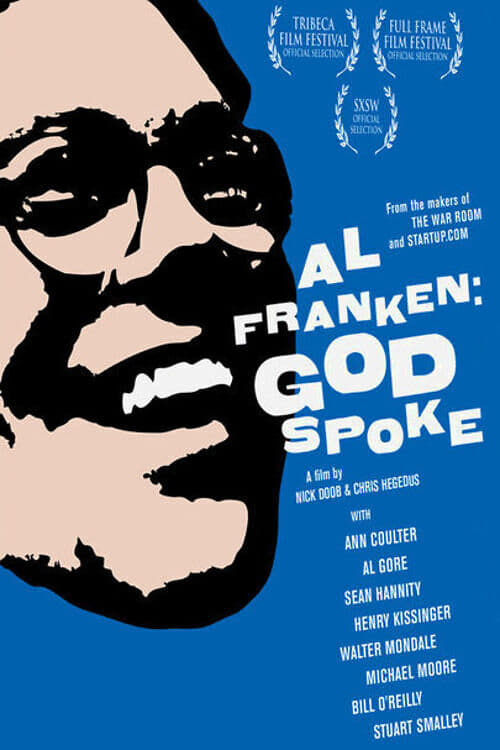
Join filmmaking duo Chris Hegedus and Nick Doob as their cameras follow Franken to book signings, campaign rallies and the launch of Air America Radio, documenting his transformation from irreverent funnyman to political pundit.
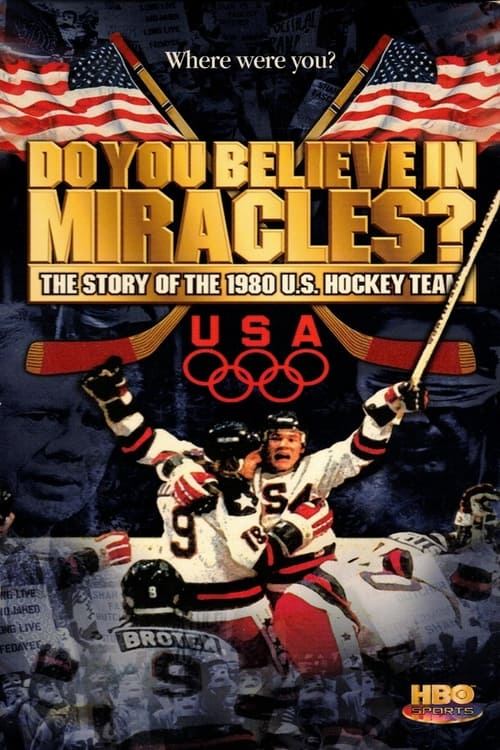
At the Winter Olympics of 1980, after two tense weeks amidst growing Cold War fears, the U.S. Olympic hockey team found themselves playing improbably against the legendary unbeatable Soviet Army hockey team for Olympic Gold. From the live footage taken at Lake Placid, NY, and through interviews beginning with the team's assembly through the experience of winning the gold medal.
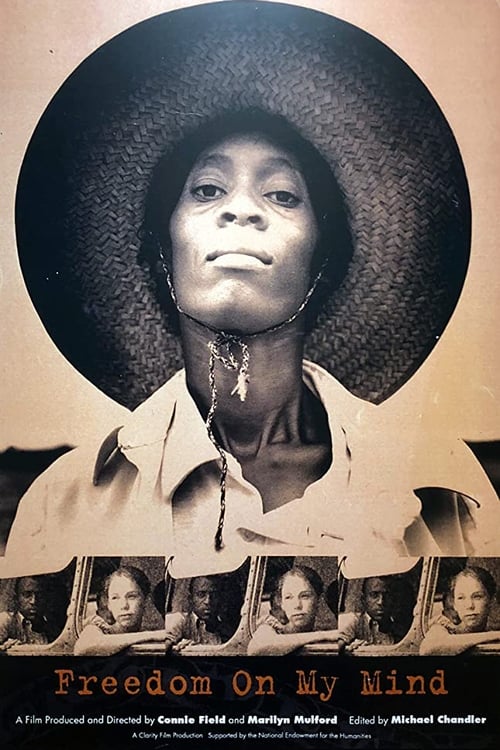
Chronicles the Mississippi voter registration drive from 1961-1964.
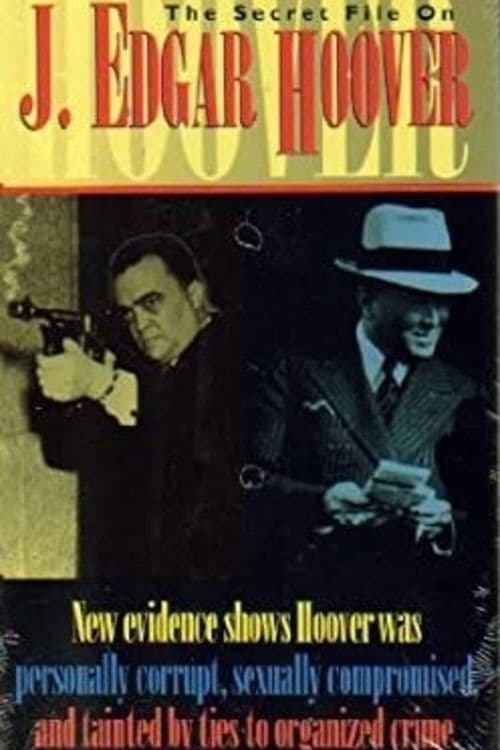
For nearly 50 years, FBI director J. Edgar Hoover amassed secret files on America's most prominent figures, files he used to smear and control presidents and politicians. Frontline reveals how Hoover's own secret life left him open to blackmail by the Mafia and offers a startling new explanation why the FBI allowed the mob to operate unchallenged for over two decades. The American Mafia, it is asserted, had damaging evidence about Hoover's sex life and they knew about his homosexuality.
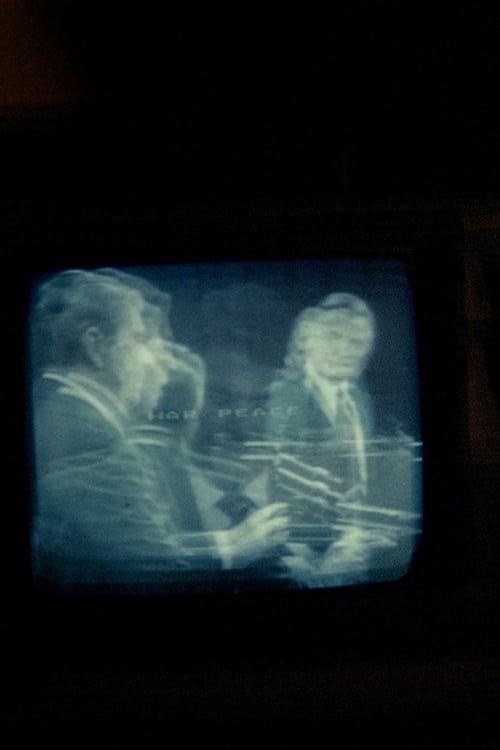
Kurt Kren recorded the last television debate in the Reagan/Mondale election campaign. In the viewfinder, the television filled the entire picture, but the viewfinder did not match the lens entirely so that the television screen in the picture was very little. That was not the plan, but Kren decided to "adopt" the film in the end.
Subscribe for exclusive insights on movies, TV shows, and games! Get top picks, fascinating facts, in-depth analysis, and more delivered straight to your inbox.